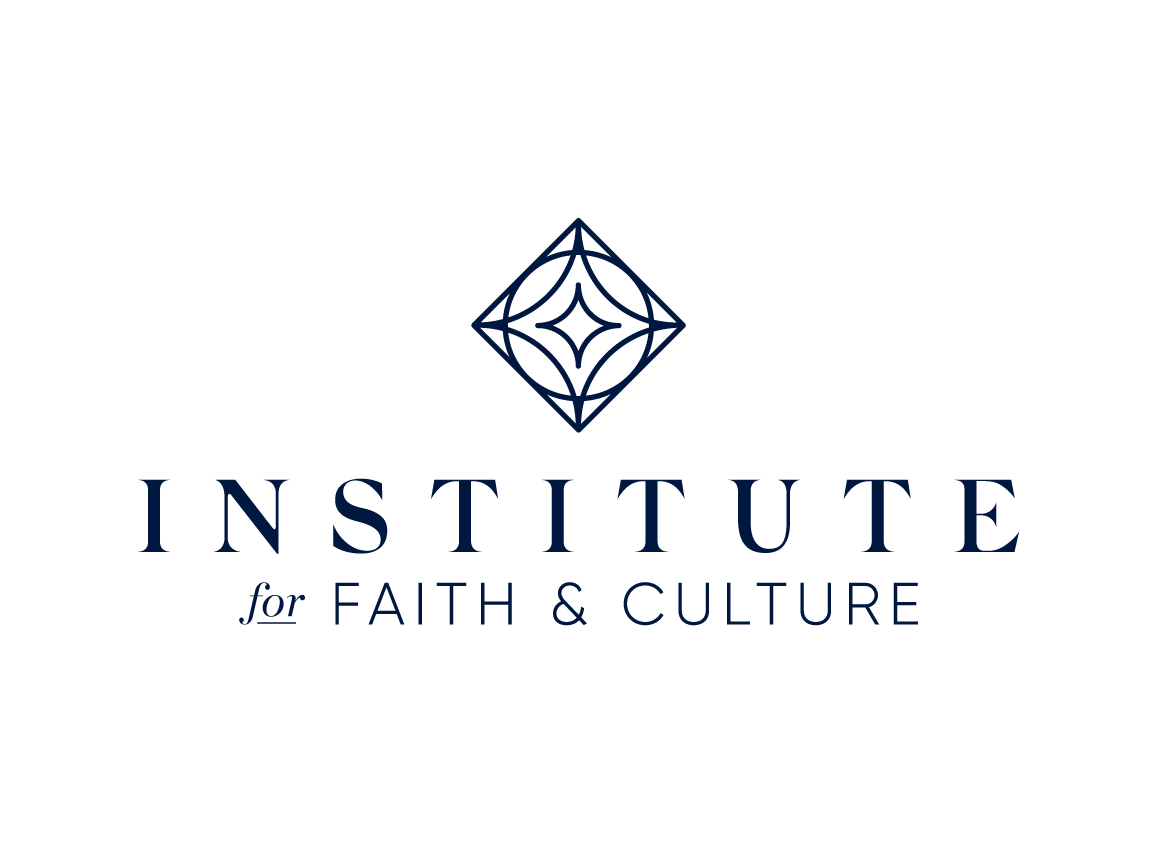
There is not a “secular” aspect of our lives. Every aspect is a divinely-given opportunity to be a preview of God’s coming Kingdom.
God is not only concerned with the spiritual realm, but He is also concerned with the physical realm. In the beginning you see God creating a physical kingdom in the garden, and at the end you see God restoring the earth, not burning it up in flames in order to destroy it. He is expanding this physical kingdom now through His Church and will perfect it at the end of history in the New Heaven and Earth. When the people of God understand how the story ends, it informs how to live in the present.









